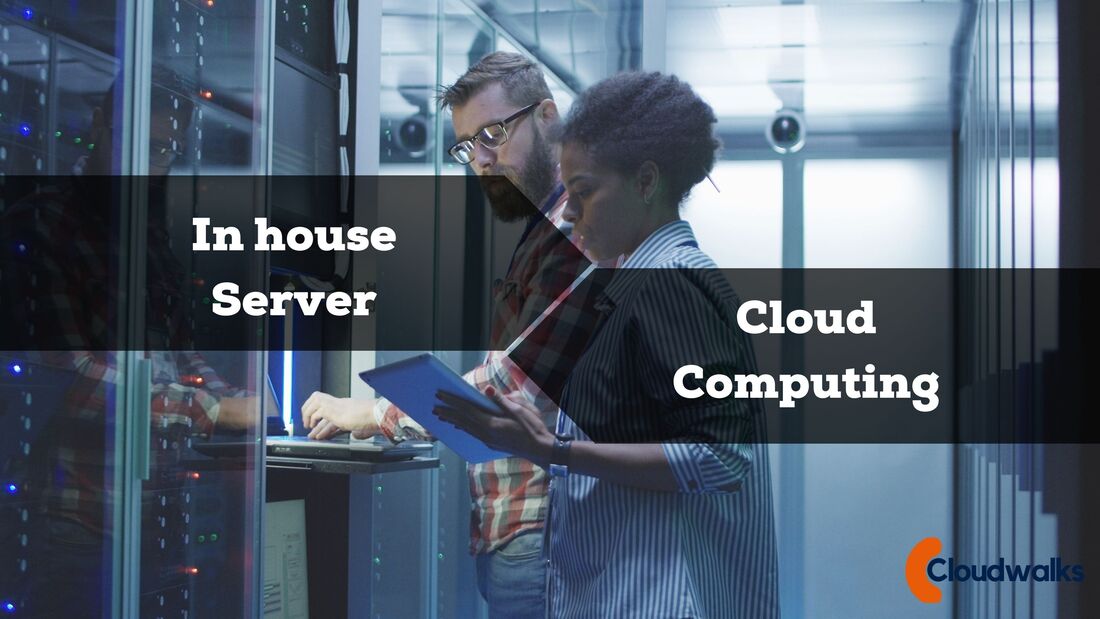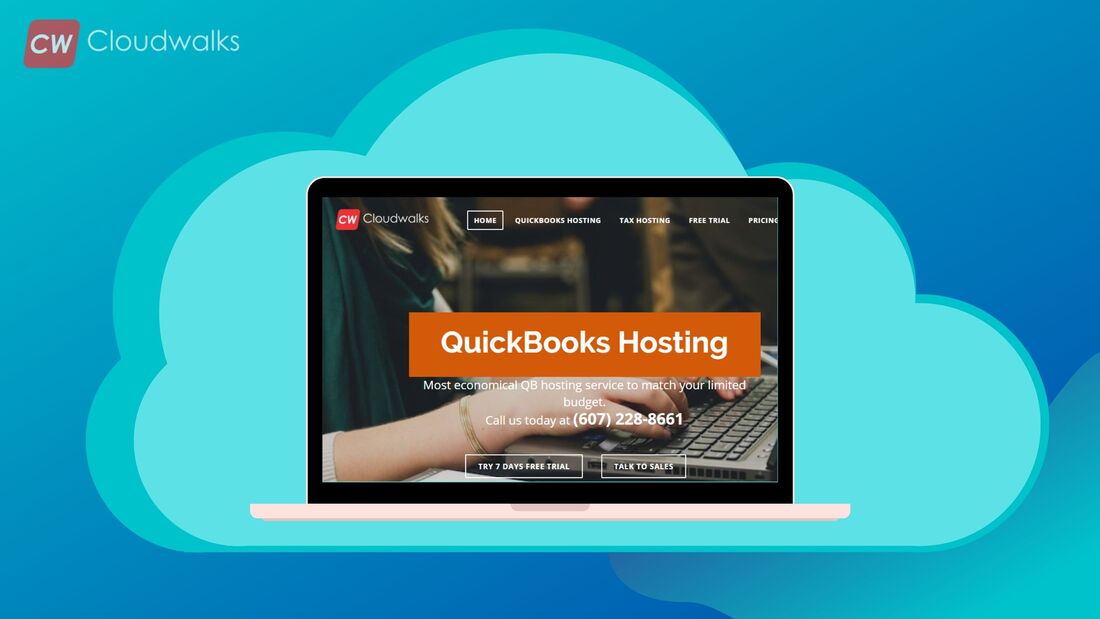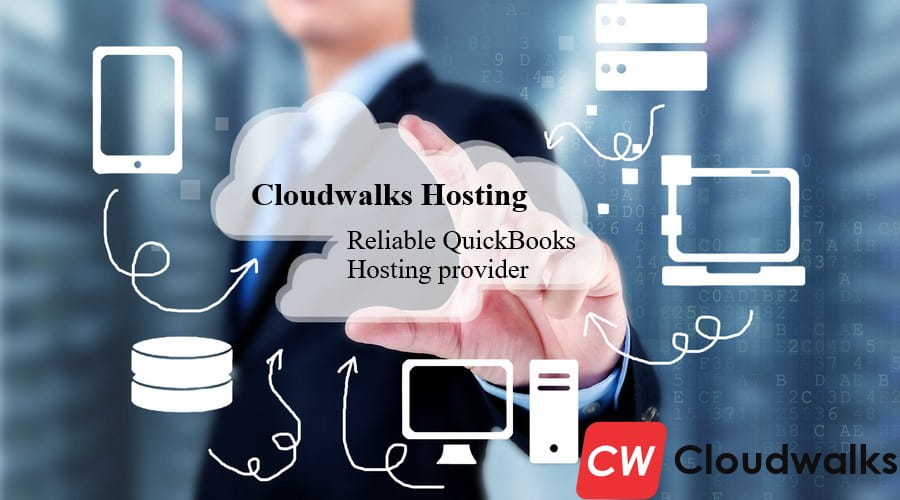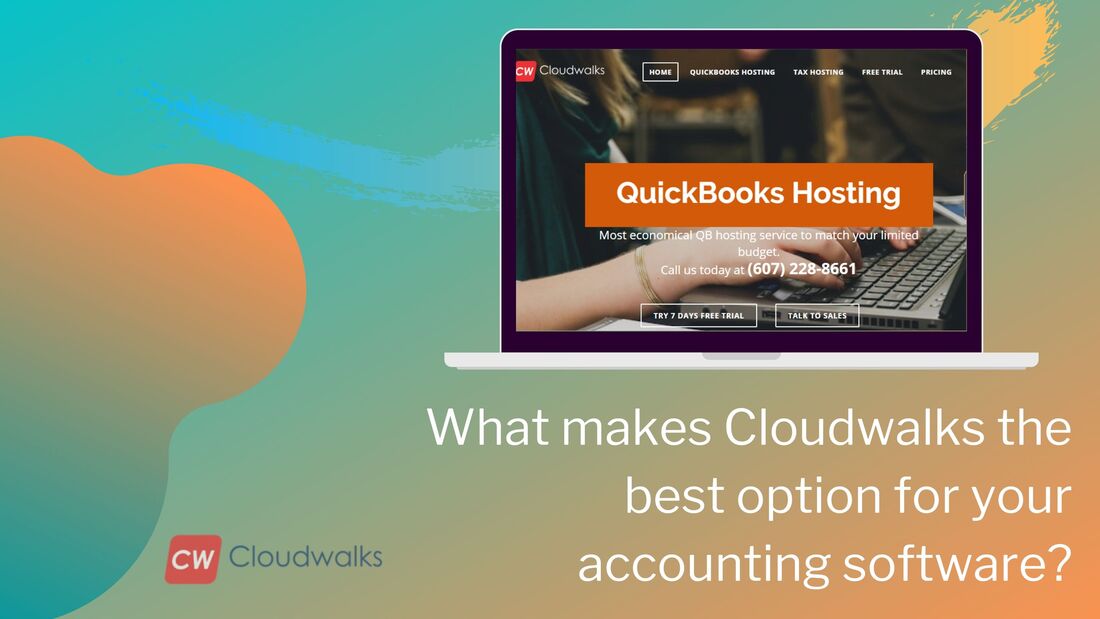Cloud Computing Vs In-house Servers: Which Option is the Right Choice for Your Business
In-house server and cloud computing technologies are data storage and access options that grant varying levels of significant accessibility, storage, security, and backup of information.
Recent studies have revealed the increased migration of businesses to the cloud; indicating that six have adopted cloud computing technology out of every ten organizations. This growth suggests a 31% growth of cloud business users and a 94% increase in cloud services by businesses generally. On the other hand, a study in 2019 by some IT decision-makers revealed a 98% use of on-premise use.
Generally, both hosting options offer features suitable to the varying needs of businesses, and one cannot ascertain the hosting option ideal for all business types. However, this article shall highlight some guidelines to aid the choice of hosting for your business needs. What is an in-house Server?
An in-house server is a hosting data option that offers the storage of business information at the firm's physical office space or facility. The firm's hosting is fully controlled and managed by its IT professionals, with a dedicated space for the server.
Characteristics of an In-house Server
Cons
What is Cloud Computing?
Cloud computing is the combination of internet-based access and computer technology to support business processes. It is the use of cloud software to provide over the internet access to business data. This type of technology offers access to business information via a server managed by a third party. In cloud computing, access to information can be done remotely as the software is not installed in a particular computing device.
Characteristics of cloud computing technology
Cons
In-house Server Vs Cloud Computing
In-house server system and cloud computing shall be analysed based on the following criteria:
IT Infrastructure
In an in-house server, the need for IT infrastructure such as computer devices is necessitated to access and store business data. Organizations that need personal control of the server system may adopt an in-house server system. However, adopting this system requires a dedicated IT support team to regularly monitor and maintain the operations of the server and other IT infrastructure in use which increases the cost of operation.
Cloud hosting options requires no physical infrastructure, implying reduced cost in purchasing computing devices and maintaining IT professionals. A third party protects the data system, which minimizes the confidentiality of business information. Productivity Level
With cloud computing, flexibility in business operations is increased by 47%, while productivity increases by 40%. The automated workflows, remote access, improved collaboration and data security, adaptation to contemporary trends and improved response time to clients improve business efficiency as employees can focus on other vital areas of work activity.
In-house servers do not provide these capabilities and reduce efficiency. Lack of remote access reduces productivity by 13%, and the lack of constant updates of technological systems reduces competitive advantage in the business world. Data Backup and Security
In terms of data security and backup, in-house server setup eliminates third-party control and access to data; hence organizations with sensitive information can adopt this system, although data is more prone to damage or accidental loss. This kind of setup in an in-house server also lacks the necessary tools to counter attacks in an intrusion. On the other hand, cloud computing employs data breach notices, physical security, and firewalls that contradicts and alerts the entire system in the case of an attack.
Small businesses may not have the required funds to purchase and maintain IT infrastructures; hence cloud computing becomes a better option. Additionally, backup in cloud computing is carried out regularly and in multiple severs while the IT professionals do In-house backup. Data in an in-house system can be permanently lost if not backed up regularly. Cost of operation
An in-house server system is generally more expensive to maintain and more tasking to set up. Extra expenses are incurred in purchasing IT infrastructure, maintaining IT professionals, upgrading the server system, and integrating compatible software and hardware for business operations. Installations are also time-consuming. These expenses can be considerably high for small and medium businesses.
Cloud Computing offers flexible and regular upgrading options that are stress-free and time-saving. It does not require installation and saves extra expenses. Conclusion
Cloud Computing and in-house server systems have been analyzed side by side. Cloud computing provides increased data security, regular data backup, and improved productivity levels. In contrast, an In-house server offers increased cost of operation and high confidentiality of business information. However, it is more profitable for small and medium businesses to adopt cloud computing technology. At the same time, it is more confidential for companies with sensitive information to adopt an in-house Server system.
0 Comments
Your comment will be posted after it is approved.
Leave a Reply. |
Most useful blogs |
Hosted Applications |
Tax Hosting Services |
Accounting Applications |
ContactAddress
Cloudwalks Hosting, Inc. 40 Exchange Place, Suite 1602 New York, NY 10005 |


 RSS Feed
RSS Feed




